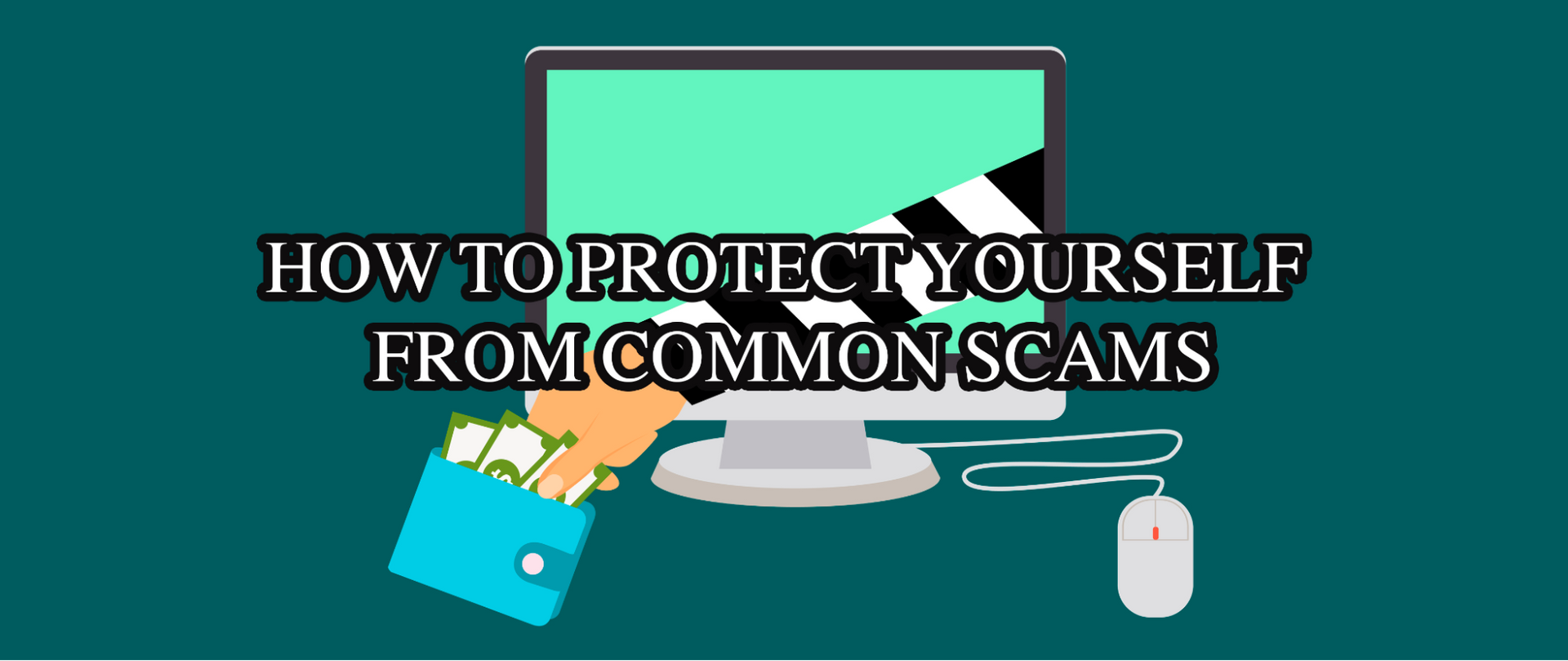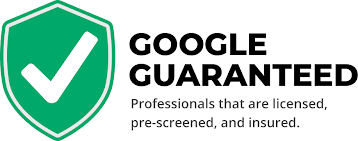How to Protect Yourself from Common Scams

It’s a sad but true reality that some people will do just about anything to steal information to take advantage of others. Scammers can be tricky, but with the right knowledge and tools, you can protect yourself from their unlawful tactics. Here are some common scams to lookout for followed by a few ways to keep yourself safe.
Utility Shut Off Scam
If someone says your service will be shut off unless you pay them, double check with the utility company before sending any money.
Online Shopping
When shopping online, stick to reputable websites and pay with a credit or debit card. This way, if something goes wrong, you have options for recourse.
Pay Yourself Scam
If someone pretending to be from your bank asks you to transfer money to yourself, don't do it until you've verified their identity.
Grandparent Scam
Scammers may impersonate a loved one in crisis and ask for money. If you receive a call like this, verify the situation with other family members before sending any money.
Tech Support Scam
Never give access to your device to someone you don't know. Scammers may pretend to be tech support and collect personal information.
Romance Scam
Be cautious when sharing personal information with someone you've met online, as scammers may use fake profiles to gain your trust and ask for money.

Here are some additional tips on how to protect yourself from scammers:
- Do your research: Before making a purchase or giving out personal information, research the company or individual to ensure they are legitimate. Look for reviews and check for any red flags.
- Use anti-virus software: Keep your computer and mobile device protected by using anti-virus and anti-malware software. These programs can help detect and prevent malware and viruses that can be used by scammers to gain access to your personal information.
- Be suspicious of unsolicited calls or emails: Scammers may contact you through phone calls, emails or text messages. Be suspicious of unsolicited communications and do not provide any personal information.
- Use strong passwords: Scammers may try to gain access to your accounts by guessing or stealing your passwords. Use strong, unique passwords for each of your accounts and change them regularly.
- Be cautious of free trials: Scammers may offer free trials for products or services, but then charge you for the full service without your knowledge. Read the fine print and be aware of any hidden fees or charges.
- Don't click on links or download attachments from unknown sources: Scammers may send you emails or text messages with links or attachments that can install malware on your device or steal your personal information. Don't click on links or download attachments from unknown sources.
- Keep your personal information private: Scammers may try to gather your personal information through social media, so be careful about what you post online. Keep your personal information private and be cautious about sharing it with anyone.
- Report suspicious activity: If you suspect you've been a victim of a scam, report it to the appropriate authorities, such as the Federal Trade Commission (FTC) or your local police department.
To keep yourself safe, it's important to guard your personal information, be suspicious of unsolicited communications, use strong passwords, be aware of hidden fees, and keep your personal information private. If you suspect you've been scammed, report it to the appropriate authorities. Remember to always take a moment to verify who you are talking to and think about what they are asking for. At MORBiZ, we value your personal information and want to do all we can to keep our customers and the community at large safe. If you have questions about how we protect our client’s websites, be sure to give us a call at 855-266-7249 or fill out this contact form and we will be in touch.












